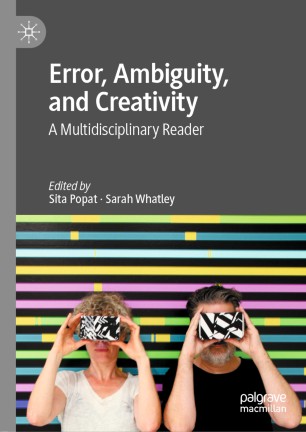

Most ebook files are in PDF format, so you can easily read them using various software such as Foxit Reader or directly on the Google Chrome browser.
Some ebook files are released by publishers in other formats such as .awz, .mobi, .epub, .fb2, etc. You may need to install specific software to read these formats on mobile/PC, such as Calibre.
Please read the tutorial at this link: https://ebookbell.com/faq
We offer FREE conversion to the popular formats you request; however, this may take some time. Therefore, right after payment, please email us, and we will try to provide the service as quickly as possible.
For some exceptional file formats or broken links (if any), please refrain from opening any disputes. Instead, email us first, and we will try to assist within a maximum of 6 hours.
EbookBell Team

0.0
0 reviewsThis book offers a set of eleven discipline-specific chapters from across the arts, humanities, psychology, and medicine. Each contributor considers the creative potential of error and/or ambiguity, defining these terms in the particular context of that discipline and exploring their values and applications. Themes include error in choreography, poetry, media art, healthcare, psychology, critical typography and mixed reality performance. The book emerges from a core question of how dance research and HCI can inform each other through consideration of error, ambiguity and ‘messiness’ as methodological tools. The digital age had heralded the possibility that error could be eradicated by the logic of computers but several chapters focus on glitch in arts practices that exploit errors in computer programmes, or even create programmes specifically to produce errors. Together, the chapters explore how error can take us somewhere different or somewhere new, to develop a new, more interesting way of working.